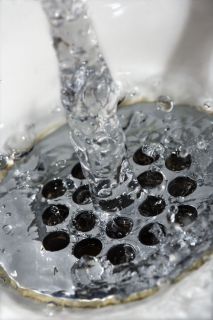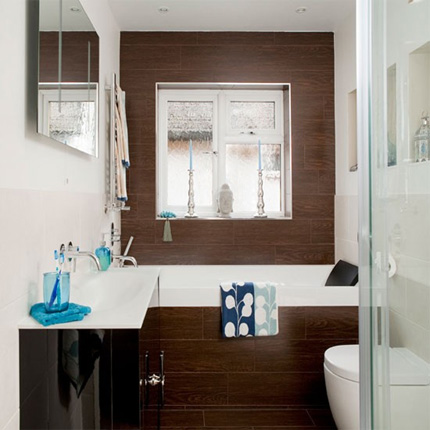Bathroom Myths and Surprising Truths
The bathroom is a part of the house that we all use every day, so you might think that we are pretty familiar with it. However, there are a number of huge myths about bathrooms and some surprising truths that go with them. Here are some of the most shocking:
Myth: Baths use more water than showers
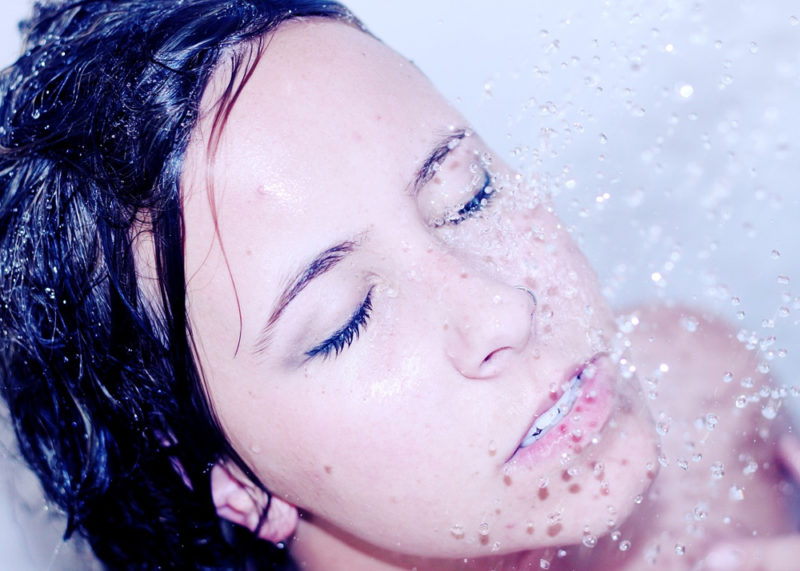
For a long time, many people believed that taking a shower instead of having a bath was a good way to save water. Perhaps this was just common sense analysis – after all, a full bathtub worth of water is bound to be more than the trickle that comes out of the showerhead. But as it turns out, this theory is actually incorrect, and in the majority of cases it’s actually a shower that will use up far more water.
Research from Unilever revealed that power showers use up to twice as much hot water as running a bath. The problem appears to be that we are spending too long in the shower, with many people showering for over 15 minutes. However, even relatively short showers of around 8 minutes still use about as much water as a bath, so baths may naturally be the more efficient option.
It’s also true that the amount of water you use in a bath depends very much on how much you fill it up and the actual size of your bathtub. And if you were very keen on reducing your water consumption, you could consider having a smaller bathtub installed such as those available from Bathroom Discount Centre.
Myth: Toilet paper is used worldwide
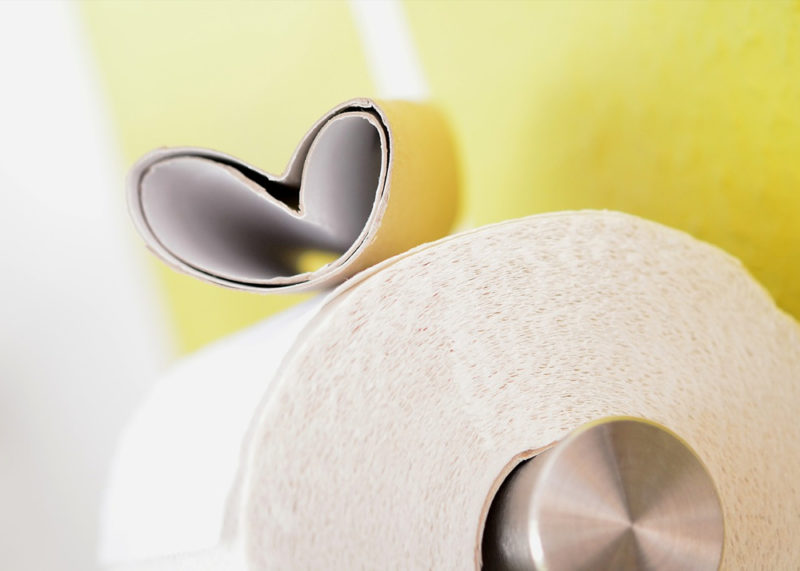
Toilet paper is an everyday necessity for most people in the Western world – something that we simply couldn’t do without. It’s estimated that the average person in the UK uses 57 sheets on toilet paper per day, or more than 52 toilet rolls per year. So you might assume that the rest of the world takes the same approach. But it just simply is not the case.
In fact it is estimated that somewhere between 70 and 75 per cent of the world’s population do not use toilet paper, preferring alternative methods of sanitation after using the bathroom. So while we might assume it’s a human necessity, this isn’t the case at all.
Myth: Thomas Crapper invented the toilet
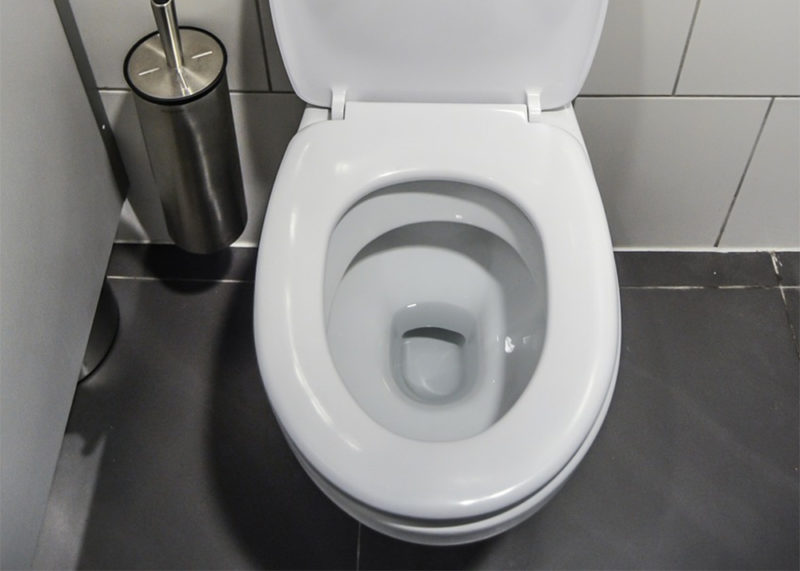
It’s one of the best facts that everyone knows about toilets: the wonderfully named Thomas Crapper invented the toilet. And also that we get the slang term ‘crap’, from his name. Unfortunately, however, neither of these facts are true. It is the case that Thomas Crapper was very much associated with toilets. In 1861 he founded Thomas Crapper & Co which became an important provider of lavatories and cisterns.
However, the first flushing toilet is known to have been invented by Thomas Harington in 1596. And additionally, the word ‘crap’ is known to have originated in Middle English and first appeared in the Oxford English Dictionary in 1846, only ten years after Crapper was born.
Myth: Washing your hands isn’t important
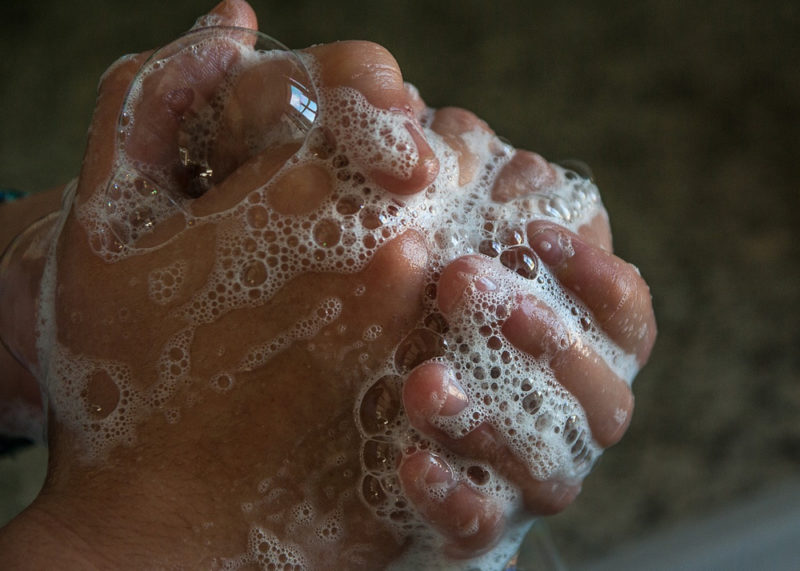
It’s still the case that some people believe that washing their hands after using the bathroom isn’t very important. But this kind of thinking can lead to some rather unpleasant results. A study in 2012 revealed that in the UK, faecal bacteria was found on 26 per cent of people’s hands, 14 per cent of bank notes and 10 per cent of credit cards. Given the fact that removing bacteria is extremely easy – washing your hands with soap in hot water is very effective – there’s no excuse that the figures should be this high.
Myth: The toilet seat is the dirtiest part of the house
It’s also true that many of us consider the toilet seat to be one of the dirtiest places in the house. It’s actually true that there are many places that harbour more bacteria – including your carpet, handbag and taps – but one that might surprise you is your keyboard. In a test by consumer group Which at an office in 2008, one keyboard had more than five times as many germs as on the office’s toilet seats.

